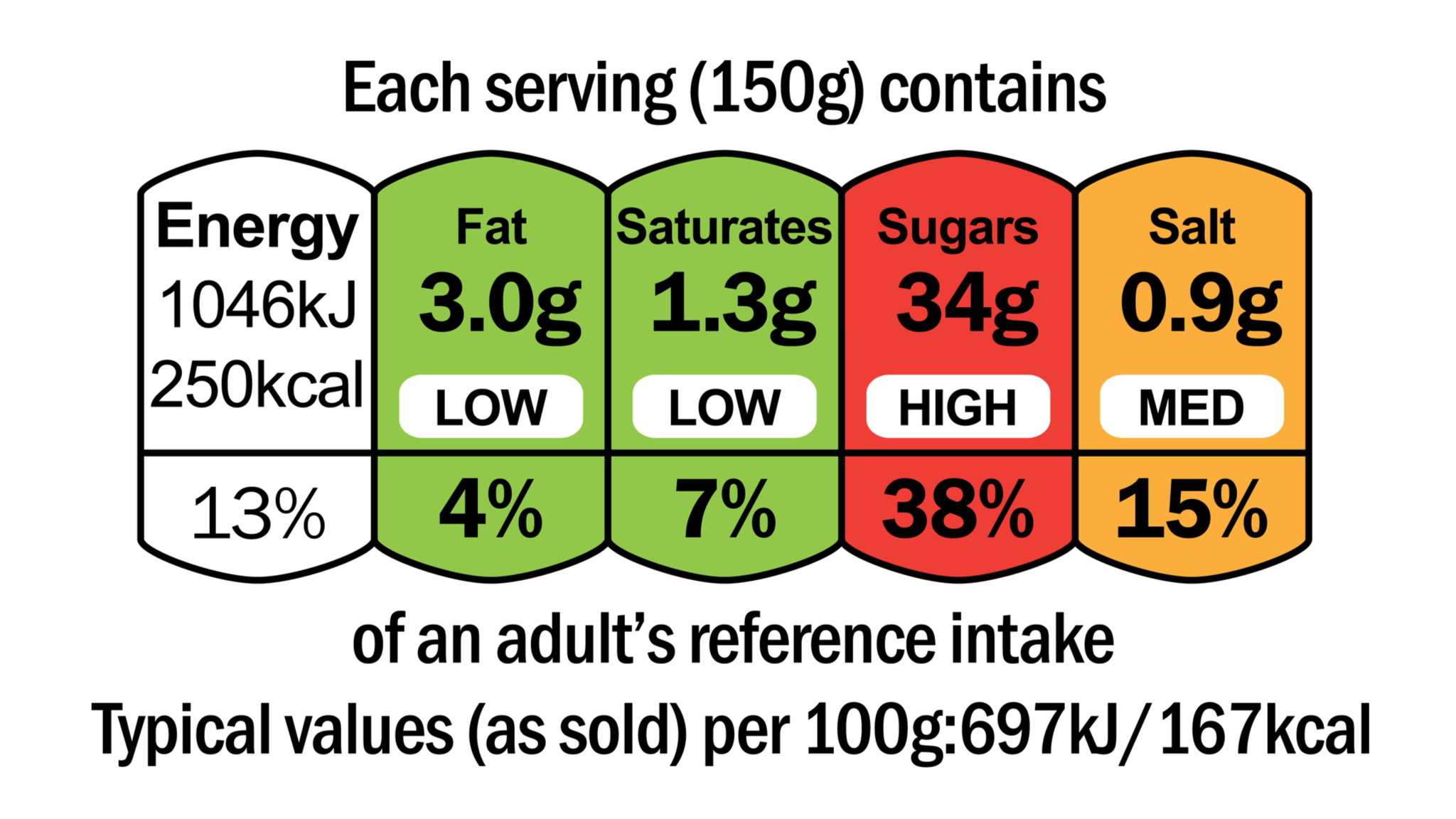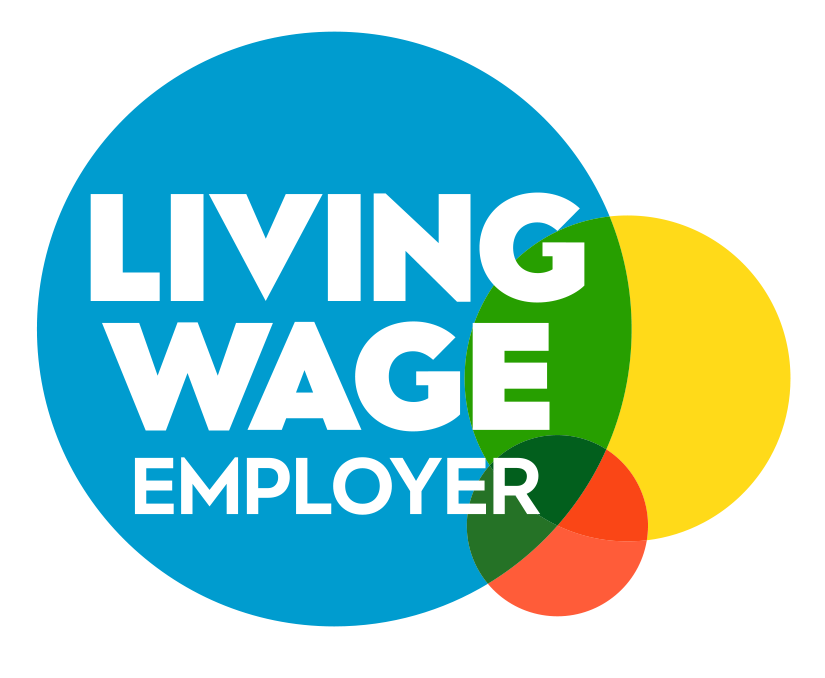It is a well-known fact that too much salt can contribute to high blood pressure and increase the risk of cardiovascular disease, but how much is too much? And is it really that bad?
Adults should be eating less than 6 grams of salt a day which is equivalent to a teaspoon, but on average most adults will eat around 8 grams a day.
So why is eating too much salt bad?
Eating salt is the biggest cause of high blood pressure
Salt causes your body to hold onto water, the more salt you eat the more water your body will hold onto- and the more water in your blood means more pressure is being put on your blood vessels walls aka. Raised blood pressure.
Salt can mess with your kidneys
Your kidneys main job is to help remove fluid and waste products from your body, eating too much salt can damage the little blood vessels in the kidneys as your body tries to remove excess water as urine. Over time the extra strain on the kidneys can lead to kidney disease.
Hidden salt
Salt is hidden in a lot of the food we buys such as bread, biscuits, cereals, condiments, sauces, ready meals. 75% of our daily intake of salt come from these hidden sources.
You can check the food labels to see how much salt your food contains, some foods also now show their salt level on the front with a colour coded label (green -low, amber -medium, red -high).

How you can lower your salt intake
- Try not to add salt to your cooking
- Avoid salty flavourings
- Try using less condiments
- Check food labels
- Don’t put the salt on the table
- Make your own sauces
- Avoid smoked and processed meats






